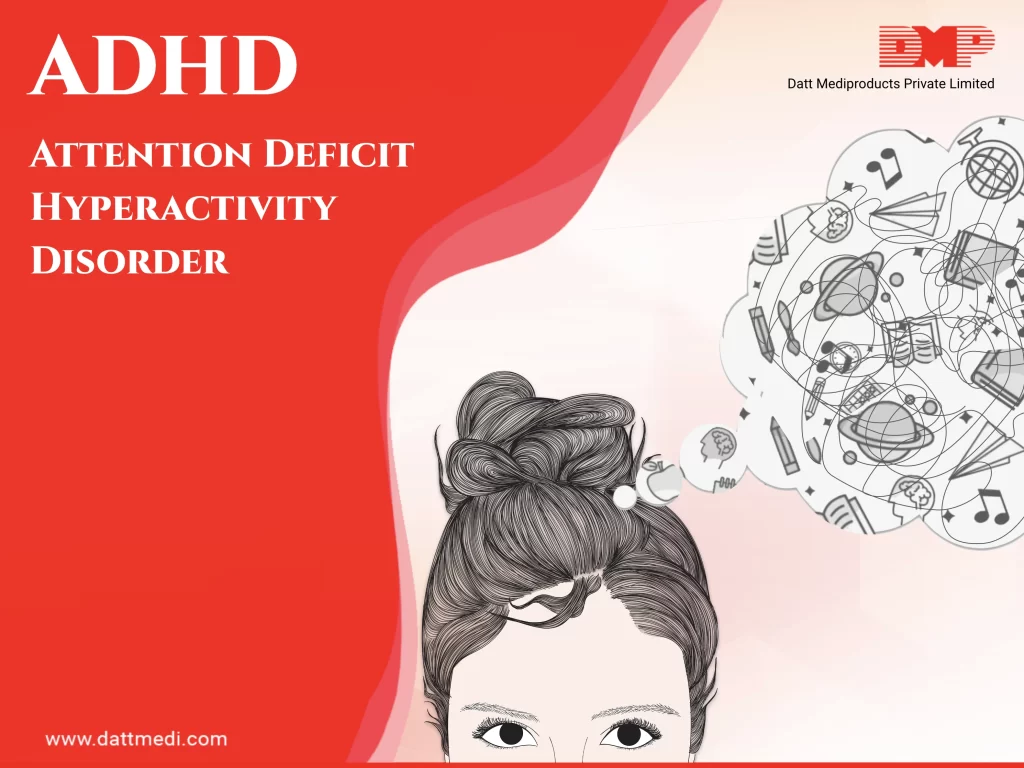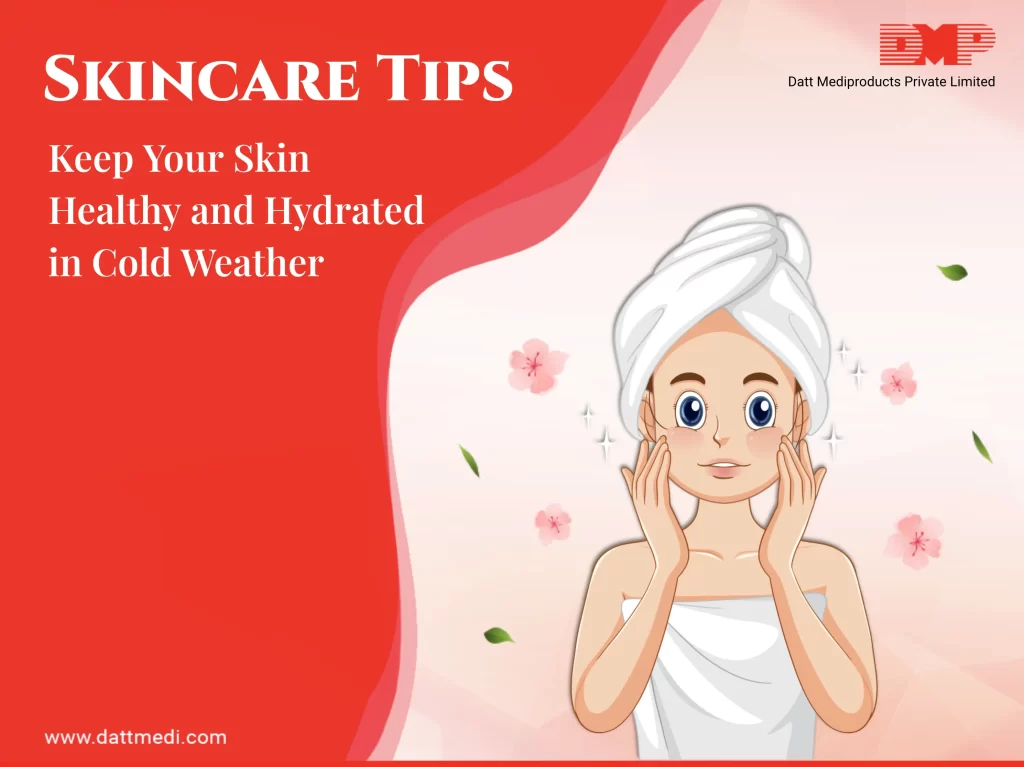
Attention-deficit/hyperactivity disorder (ADHD) is one of the most common neuro developmental disorders and is characterized by difficulty to pay attention and control impulsive behaviors.
Although its symptoms begin in childhood, the condition may continue through adolescence and adulthood.
As per a study published in the Indian Journal of Psychiatry, “Prevalence of Attention Deficit Hyperactivity Disorder in primary school children”, the prevalence of ADHD among primary school children was found to be 11.32% with a higher prevalence among the males (66.7%) than the females (33.3%).
KEY BEHAVIOURS OF ADHD:
1. Inattention or “Difficulty paying Attention”: People with ADHD lack persistence and often find it difficult to stay focussed. Such people seem disorganized and wander off their current task quite often to start something else.
2. Hyperactivity or “Being Overactive”: It means extreme restlessness, constant activity even in inappropriate situations or when not required.
3. Impulsivity or “Acting Without Thinking”: It involves instant actions that occur in a moment without even thinking about possible harms or long-term consequences.
These behavioral traits are normal but in people with ADHD, these behaviors are much severe, occur more often and interfere with their functioning or reduce the quality of how they function socially, at school, or in a job.
CAUSES:
Researchers at the National Institute of Mental Health (NIMH), National Institutes of Health (NIH) have studied that ADHD may be caused by genetic factors interacting with environmental factors or with other non-genetic factors.
The various factors contributing to the condition may include genetic factors, smoking, alcoholism, brain injuries, premature birth, low birth weight, or exposure to environmental toxins like lead (found in paints & pipes) during pregnancy or at an early age.
The findings of a study published in the PEDIATRICS Journal suggest “an exposure to prenatal tobacco smoke, possibly nicotine may have a prenatal programming effect on the risk of ADHD in children.
HOW CAN WE PREVENT ADHD?
Although the exact causes of the condition are unknown, it risks may be reduced in the following ways:
- Reducing the exposure to environmental toxins and pollutants like tobacco, smoke, and lead.
- Avoiding your child’s excessive exposure to the screens during the early years of life.
- Avoiding exposure to all those things which could harm the fetus during pregnancy, such as smoking, alcoholism, etc.
DIAGNOSING ADHD
It is difficult to diagnose ADHD in very young children as there are no specific tests it becomes further inconvenient if the core symptoms don’t start at an early age i.e. before age 12.
Deciding if a child has ADHD may include the following series of steps:
- Conducting medical exams, such as hearing or vision tests, to rule out other possible causes of the symptoms like ADHD.
- Gathering information about the past and present medical issues or school records from parents, family members, teachers or sometimes, the child.
- Collecting and evaluating the child’s information using a checklist for rating ADHD symptoms.
TREATMENT
Conventional treatment methods include the following:
- MEDICATIONS, which help balance the levels of neurotransmitters. Also called “Psychostimulants”, these medications help alleviate the symptoms in a short period of time, it’s just a matter of finding the right medicine and dosage. The dosage may differ from patient to patient and may need to be adjusted afterward.
- BEHAVIORAL THERAPY: Teachers and the parents may be provided behavioral therapy by a psychiatrist, psychologist, social worker or other mental health professionals. They may learn about behavior-changing strategies for dealing with difficult situations.
We @DattMediproducts recommend counseling a physician to help people and children with ADHD and enroll for additional behavioral therapies to not only help the patients but also to guide families to learn more and be able to help with the condition and associated everyday problems.




